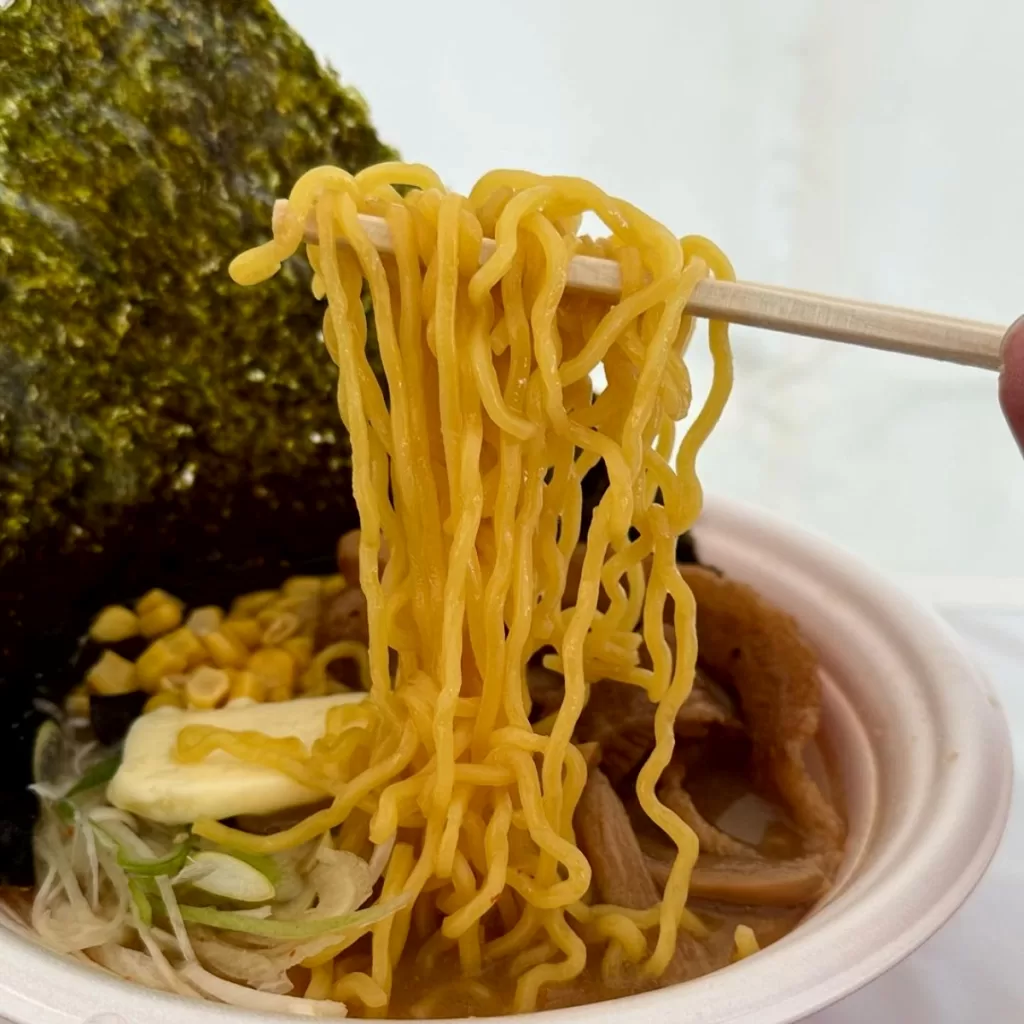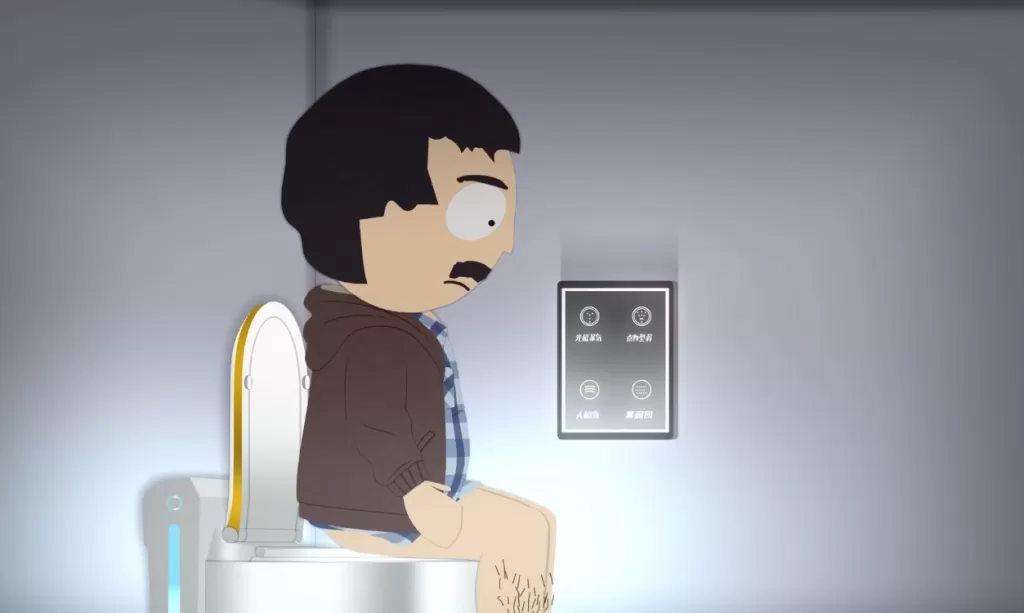14 Things An American Wished He Knew Before Visiting Japan
Traveling to Japan can be an eye-opening experience for American visitors. While fascinating, aspects of Japanese culture and customs may seem unfamiliar or require adjustment. This article highlights key differences to be aware of. Prepare yourself to avoid or embrace these cultural surprises.
Table of Contents
1. Slurping Noodles

Slurping noodles loudly is considered polite and a sign of enjoying the meal in Japan. For Americans used to quiet, delicate eating, the slurping can seem jarring.
2. Sitting on the Floor

Homes, restaurants and ryokans often lack chairs. Be ready to sit cross-legged on tatami mat floors to eat meals and relax. Those uncomfortable on the floor can request a chair.
3. Fancy Toilets

Japanese toilets feature bidets, heated seats, and digital controls. Americans may find these high-tech conveniences unexpected compared to basic toilets back home.
4. Lack of Trash Cans
Public trash receptacles are hard to find to prevent terrorism. Carry trash until finding a can. Japanese discipline means no littering. Americans may be surprised by the can scarcity.
Tip: The nearest trash can will likely be at the public restrooms (park or subway stations) and next to vending machines.
5. Taking Shoes Off
Always remove shoes when entering homes, temples or ryokans. Americans may find this custom inconvenient compared to wearing shoes indoors. But removing shoes keeps interiors clean.
6. Sleeping on Futons
In ryokans and hotels, deep mattresses are replaced with foldable futons for sleeping. Without box springs, futons may seem hard for Americans accustomed to plush bedding.
7. Bathroom Etiquette
Japanese bathrooms ask patrons to keep noise down. Flushing and running water can disturb others. Americans tend to have more boisterous toilet habits.
8. No Tipping
Tipping is not customary in Japan. Excellent service is its own reward. Americans may instinctively want to tip waitstaff, taxi drivers and hotel staff.
9. Cold Rooms
Japanese buildings tend to be sparsely heated in winter. Coming from heated American buildings, visitors may be caught off guard by chilly indoor temperatures.
10. Smoking Areas
Unlike many US cities, smoking on sidewalks in Japan is typically allowed. Smoke can waft into non-smoking zones. Americans may not like the secondhand smoke exposure.
11. Scarce Ice Cubes
Ice cubes can be limited in Japan. Drinks are often served cold but not over ice. Americans are accustomed to chilled beverages with ice cubes. Asking for ice may get polite refusals.
12. Group Dining
Restaurants often seat strangers together at counters and communal tables. Americans prefer private tables just for their own group. Sharing space can seem uncomfortable.
13. Constant Bowing
The Japanese custom of bowing to greet others, say thank you and apologize may strike Americans as excessive. But bowing shows respect in Japan versus habitually shaking hands.
14. Cash is King
Many small shops, restaurants, taxis and even some trains in Japan are cash-only. Before your trip, exchange dollars for yen. Once there, 7-Elevens and Lawsons have foreigner-friendly ATMs to get spending money. Carrying sufficient cash ensures you can easily pay for transportation, food and souvenirs.